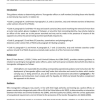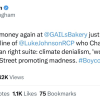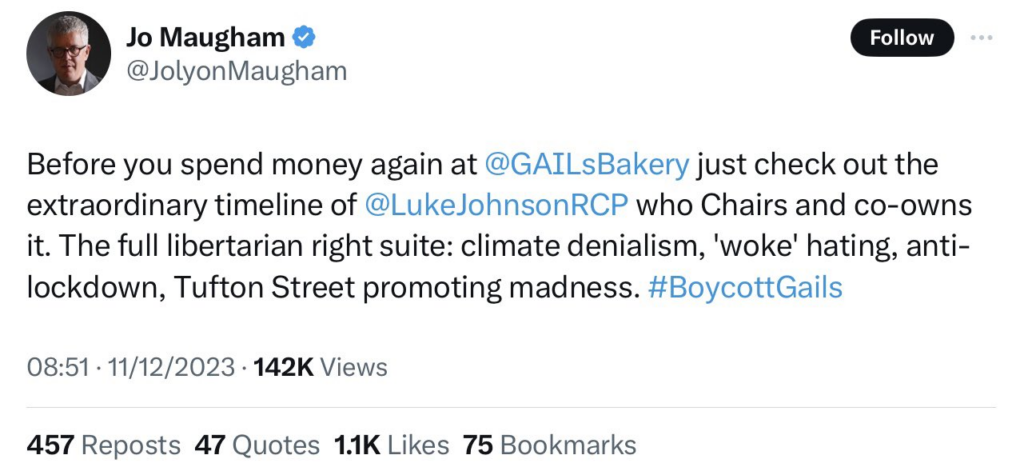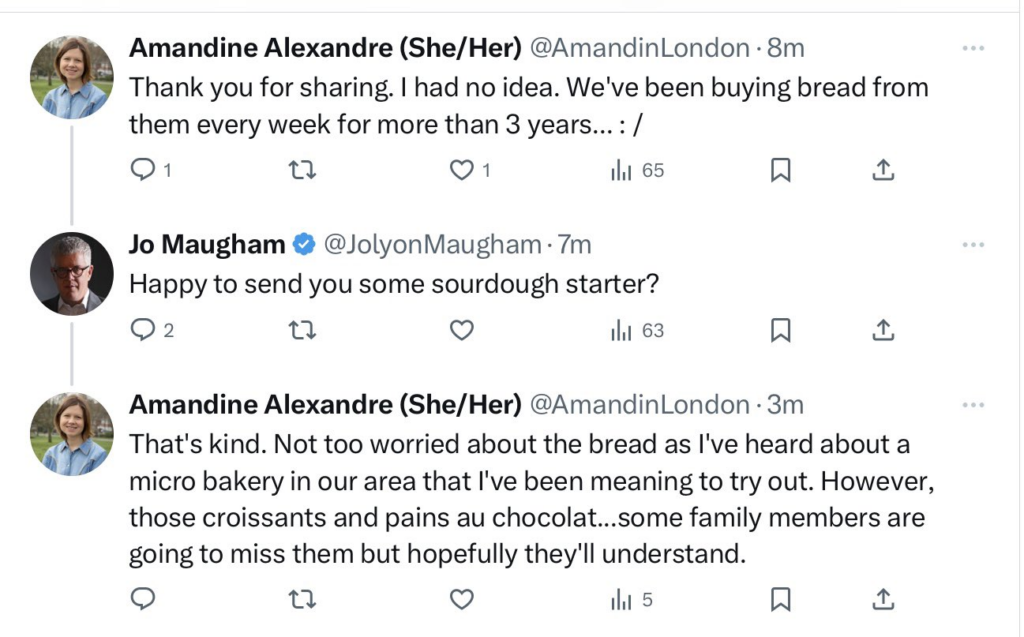Auden Schendler is the senior vice president of sustainability at Aspen One and the author of the forthcoming book Terrible Beauty: Reckoning With Climate Complicity and Rediscovering Our Soul. He wrote about the futile “magical solutions floating out of Dubai” in the Times:
I have spent my career working on climate change — not theoretically but in the trenches, crawling under trailers to insulate them under a federal government program to help low-income families conserve energy, building solar farms, capturing methane from coal mines, bolstering the climate movement through various nonprofit boards and crafting policy at the state and municipal levels. I served as a state regulator and an elected town councilman.
I have also spent 25 years in the field of corporate sustainability, trying to figure out how business might become a meaningful part of the climate solution. Over time, I came to understand that the ethic being applied — the idea that free markets can solve societal problems and that even a monstrosity like climate change can be fixed without regulation — was a ruse that I had bought into, realizing that fraud only late in the game.
Free markets probably can solve some societal problems, but all of them? Hardly. This one? Oh hell no.
As the global climate summit in Dubai has unspooled, I’ve read inexplicably cheerful social media posts from colleagues and friends, climate leaders I admire and total unknowns at COP28, the Conference of the Parties — which I’ve come to call the party at the end of the world. These “Look, Ma!” posts strike me as forced, naïve at best, trending toward willful blindness and delusion.
One “breakthrough” being lauded includes a purely voluntary commitment by fossil fuel companies to better capture methane, a potent greenhouse gas we absolutely must contain.
Well you see if it’s not purely voluntary it’s not the free market, and then where would we be?
For fossil fuel companies, committing to containing methane leaking from their pipelines and wellheads is a way for those businesses to appear beneficent while continuing to traffic in oil and gas. It is that very trafficking that causes the leakage that must be regulated, even as scientists tell us the essential action required to control warming is to stop burning coal, oil and gas.
Aw come on. They say they’ll fix the leaks. Surely that ought to be enough for you people??
At the same time, there were glimmers of hope. As the climate conference began, the U.S. Environmental Protection Agency announced comprehensive new rules to regulate methane in the United States, at least. There are also plans to create a fund to help vulnerable nations hit by climate disasters, and to set a goal of tripling the amount of renewable power worldwide by 2030 (if high interest rates don’t derail that objective). There were also calls for a full fossil fuel phaseout.
But that proposed phaseout rattled the conference hosts in Dubai, the most populous city in the United Arab Emirates, one of the world’s leading oil producers. It is ramping up oil production. The idea was quickly scuttled. The head of the OPEC cartel called on its members to reject any plan that would threaten the production and sale of oil, gas and coal. And it was no idle threat: All 198 participating nations must consent to any agreement.
You don’t see the cruise industry phasing itself out either.
It’s not going to happen.






